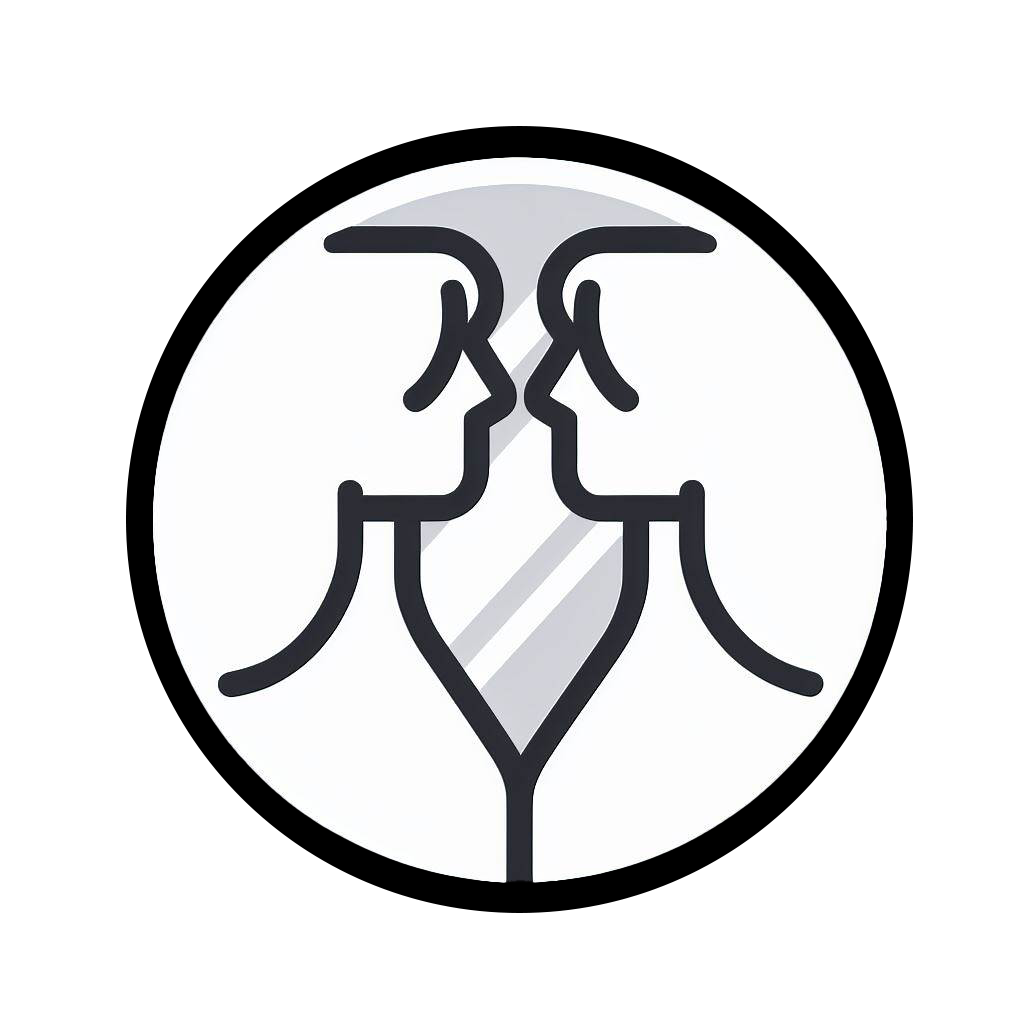Module 4: Learning Theories and Approaches to Instruction
 Module 4 Outcomes
Module 4 Outcomes
- MLO 4.1: Recognize various philosophies, learning theories, and models and how they inform teaching practices, instructional methods, and learning experiences. (CLO III, InTASC 2g, 7i)
- MLO 4.2: Distinguish between the different educational learning theories. (CLO III, InTASC 1d)
- MLO 4.3: Differentiate between key learning models. (CLO III, InTASC 3i)
- MLO 4.4: Apply learning theories and instructional practices to different educational contexts. (CLO III, InTASC 5m, 5s)
- MLO 4.5: Construct the beginning of a personal teaching philosophy statement. (CLO III, InTASC 3i)
Introduction
Educational theories play a crucial role in shaping teaching and learning processes. They offer insights into how individuals acquire knowledge and assist educators in making informed decisions about instructional strategies. A solid grasp of various learning theories equips teachers with a foundational framework for their practice.
In education, five theories are predominantly discussed: behaviorism, cognitivism, constructivism, humanism, and connectivism. It’s important to note that the pioneers of these theories were primarily White, and their research often focused on individuals within their immediate circles, such as Piaget’s studies involving his children.
While numerous learning theories exist, behaviorism, cognitivism, and constructivism are widely accepted among educators. The attached video delves into these three theories, offering a comprehensive overview to enrich your understanding before you begin the chapter “Learning Theories.”
As you learn about these educational theories, consider how these theories might be informed by the dominant culture and how they might be different in more diverse learning contexts. Also, consider which learning theory or theories align most with your teaching practice and persona.
 Reflect
Reflect
Learning Theories
Reflect on the following questions as you go through this module:
- How does learning occur?
- What factors influence learning?
- What is the role of memory?
- How does the transfer of knowledge occur?
- What types of learning are best explained by the theory?
Compare and contrast learning theories.
Knowledge. The teacher understands and identifies differences in approaches to learning and performance and knows how to design instruction that uses each learner’s strengths to promote growth.
Knowledge. The teacher understands learning theory, human development, cultural diversity, and individual differences and how these impact ongoing planning.
Knowledge. The teacher understands how learning occurs-- how learners construct knowledge, acquire skills, and develop disciplined thinking processes--and knows how to use instructional strategies that promote student learning.
Knowledge. The teacher understands the relationship between motivation and engagement and knows how to design learning experiences using strategies that build learner self-direction and ownership of learning.
Knowledge. The teacher understands critical thinking processes and knows how to help learners develop high level questioning skills to promote their independent learning.
Disposition. The teacher values flexible learning environments that encourage learner exploration, discovery, and expression across content areas.
